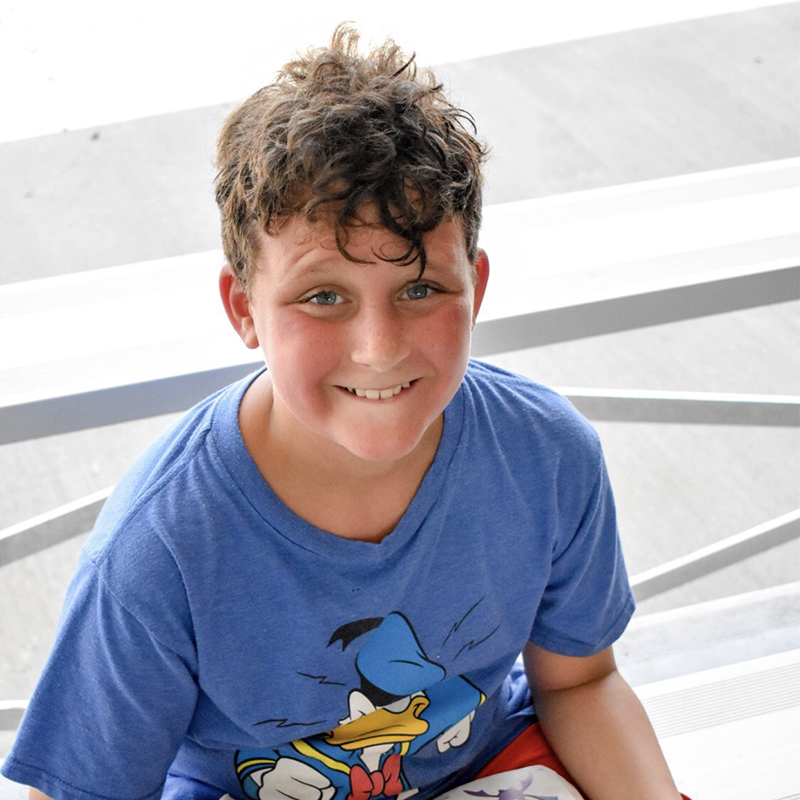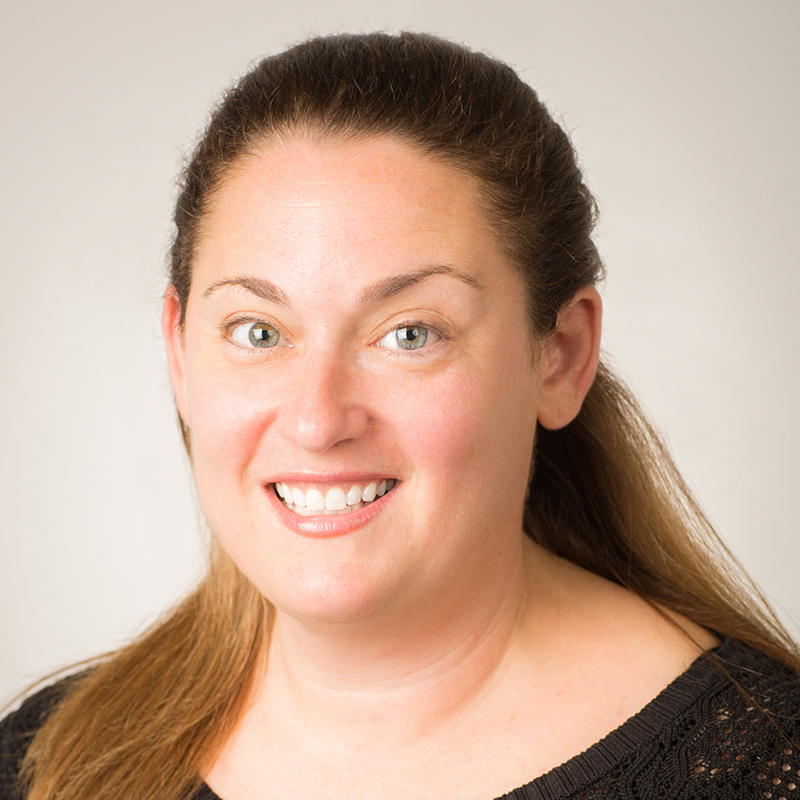As we inch closer to our son Michael becoming a Bar Mitzvah, it is nothing like I ever imagined it would be. Looking forward to this Jewish milestone, I can’t help but look back to 1989, the year of my Bat Mitzvah.
Parties each weekend. A deepening closeness with my Jewish friends. The embarrassment of being “other” as a Jew in Kansas, blossomed into a newfound love of my Jewish identity. There were crushes and slow dances. The elaborate sign-in board and decorations. Meadowbrook Country Club. There were the 60 pairs of boxer shorts that my mom individually hand-lettered with the words “I Danced My Pants off at Amy’s Bat Mitzvah” on the bottom.
After eight years of competitive ice skating, I remember the angst I felt as, post puberty, I considered quitting the sport — a decision that would be postponed so as not to spoil the theme of my party.
I remember the endless thank-you notes I wrote with alternating hot pink and turquoise pens. I remember the startling sound of my sister’s allergy induced sneezes echoing off the rotunda of the leak-prone sanctuary of B’nai Jehudah throughout the service.
What I can’t remember clearly is the sound of my dad’s voice. My dad was the exact age I am now — 43 years old. He died 15 years ago, just weeks before our wedding in 2005. Our VCR has long disappeared, and I would give anything to hear the sound of my dad blessing me on the bima, choking back tears of joy and pride.
In some ways, I am relieved that the global pandemic we find ourselves navigating allows us the freedom to think outside of the box. I feel unburdened from the expectations of previous generations and the way things have “always” been done.
There is less anxiety now that we don’t have to spend inordinate amounts of money on a celebration. Money we don’t have.
Navigating Michael’s 504 plan — which removes educational barriers and creates accommodations for your child — is challenging enough, even before school was virtual. It feels nearly impossible for me to lower the barriers and expectations that required my child to learn a new alphabet and language, one he would need to perform in front of our entire community. Worries about the trivial (event spaces, guest lists, party favors, themes) have turned instead to the possibility of meaning making and what matters.
Michael, who was named after my dad, Mike Ravis, will become a Bar Mitzvah on May 29th as he awakens as a 13-year-old, a Jew in control of his own Jewish identity.

After months of worry and deliberation, we decided to celebrate the occasion at Camp Sabra on Aug. 7. It is our best attempt to provide Michael with a magical and meaningful experience. One where he feels the love of a community that embraces him in both happy and uncertain times. A place and an occasion that we hope continues to encourage the joyous growth of his Jewish self. If only we could assure that camp will happen this summer.
I know that even when this pandemic is over, things will never go back to the way they were.
We have learned too much about ourselves and the difference between a want and a need. This pandemic has exacerbated and exposed inequalities that have always existed, no longer willing to be ignored. We have adapted and reevaluated. The idea of place and space and the boundaries between us have been obliterated, connections illuminated.
Throughout history, Jewish practice (the kind of Jewish practice I am interested in anyway) has continuously evolved to provide new meaning and relevance when we have needed it most.
Rather than seeing this lifecycle event as ruined for Michael and all of the other almost 13-year-olds, my wish is that we will harness the havoc to remake and reimagine Jewish traditions, and this one in particular, into something truly revolutionary. I am not talking about a few tweaks here and there to accommodate the socially distant, but rather a radical transformation.
My Bat Mitzvah Torah portion was the Akeda, The Binding of Isaac. God put Abraham to the test. God said to him, “Abraham.” And he answered, “Hineni.” At the time, my mortification at having to say the word ass, in front of my entire community as I translated the words I had just read in Hebrew, was most impactful. “Why can’t I just say donkey?” I would plead.
It was only as an adult that I learned that perhaps the most important word in the Torah, hineni (here I am) makes its appearance for the first time in the Torah portion I chanted on that day.
Hineni is a response to being called, ready for whatever is about to unfold. God speaks to many of our biblical leaders at times of vulnerability and struggle. God tasks them with the job of transformation, and God waits for a response. On the precipice of Michael’s Bar Mitzvah, may we equip this reluctant, emerging teenager with the tools, rooted in Jewish values, to take courageous action in an unprecedented moment. May we imbue him with a sense of great purpose to repair the brokenness in our world. May we inspire him with the spiritual audacity to say, “Here I am. Send me.”
Amy Ravis Furey is director of Avodah Kansas City, which works to spur social activism among early career Jewish professionals.



